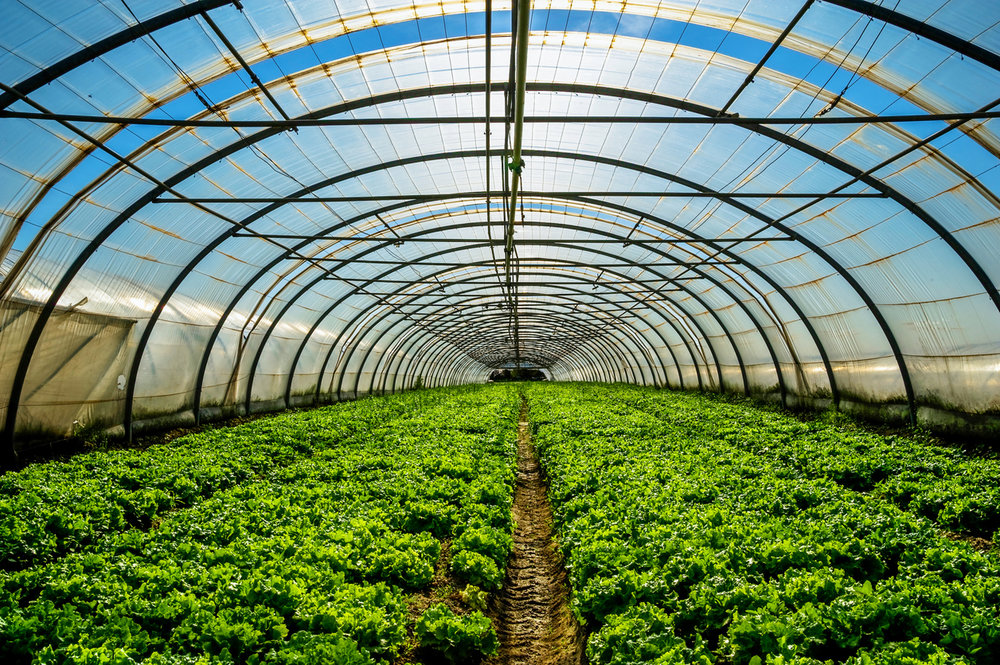The Chief Secretary, Dr. Arun Kumar Mehta chaired a meeting to review the achievements of the Agriculture, Production & Farmers Welfare Department under various centrally sponsored schemes.
Principal Secretary, Agriculture Production & Farmers Welfare Department, Vice-Chancellor, Sher-e-Kashmir University of Agricultural Sciences and Technology along with concerned HoDs participated in the meeting.
It was informed that among all State/UTs, Jammu and Kashmir is the 3rd rank holder in monthly income to agriculture households and 5th best performing UT in Agriculture & Allied Sector.
The Horticulture sector in Jammu and Kashmir employs 27 % of the population and contributes to 8% to the State GDP, besides enormously contributing to carbon sequestration through 7.6 crore trees.
To make fruit growers of J&K the market leader in the country, the Department is implementing the 3-pronged strategy of enhancing yield, storage capacity, and marketing. The Department is encouraging a shift to high-density plantation with a potential of yielding an annual harvest of 50 MT of apple and 5 MT each of Almond and Walnut. Additionally, large-scale production of high-density plantation rootstock is also being promoted through local private entrepreneurs to reduce input costs.
It was informed that to promote horticulture in the Kandi belt of Jammu region, the department has undertaken plantation of Aloe vera and Lemon Grass on a trial basis which is showing promising results. The department has also developed a State of the Art Nursery at Chakrohi to raise high density saplings to meet the root stock requirements.
To further boost farmers’ income, a 25% upfront subsidy on air transportation of identified perishables is being provided by the Department under Parvaaz Scheme and efforts are afoot to integrate the agricultural market with the e-Nam within the next 2 months.
The Chief Secretary directed the expeditious establishment of controlled atmosphere storage facilities in Jammu and Kashmir to provide appropriate storage of agricultural and horticultural produce with minimal wastage. It was directed that 80,000 MT of capacity be established by March 2022 and an additional 1 lakh MT per year for the next 3 years to take the cumulative capacity to 5 lakh MT.
Under the National Mission on Sustained Agriculture (NMSA), 66,000 soil samples were tested and 56,426 soil health cards (SHCs) were distributed. To facilitate sustainable and organic agriculture 7 village-level soil testing laboratories in addition to several mobile testing labs were also established. The Chief Secretary directed the Agriculture Department to ensure universal distribution of soil health cards to all farmers by end of next financial year. He also asked to saturate Kisan Credit Cards within a month.
The Department was further asked to modernize sowing and harvesting activities through technological interventions and promote vermicomposting techniques, besides ensuring the roll-out of Fasal Bima Yojna by end of the financial year.
Emphasizing the need to develop a niche for J&K’s organic products, the Chief Secretary directed the establishment of organic testing and certification institutions for ascertaining the quality of agro-products.
Dr. Mehta asked the Department to raise awareness on the high-density plantation and assist farmers in making informed decisions regarding sustainable plantation, use of organic fertilizers, proper rainwater harvesting in convergence with Rural Development Depatment and Jal Shakti Department besides encouraging community harvesting machinery.
Towards doubling the farmer’s income, the Department was directed to pursue crop diversification and ensure double-cropping throughout Jammu and Kashmir.
The Chief Secretary also asked the SKAUST-J to operationalize a Kisan Call Centre and Krishi Vigyan Centre as a one-stop centre for farmers to seek guidance and assistance on various Government sponsored schemes and interventions.
Further 1,352 Ha of additional area was also brought under orchards and 7 Ha area under protective cultivation.
The Agriculture Department is further implementing a 4-pronged strategy to double the farmers’ income under the 4 pillars of technology, cash flow, irrigation, and marketing. Accordingly, the Department has extended financial assistance to 11.7 lakh farmers through the Kissan Credit Card and disbursed incentives worth Rs. 1,706 crore to more than a million beneficiaries under the PM-KISAN scheme.
The Department expanded the irrigation cover by 2,000 Ha in the previous year and aims to achieve 4,000 Ha during the current financial year. Moreover, to provide harvest support to the farmers, a paddy/maize thresher is being provided to every panchayat.
Under the National Mission for Agriculture Extension and Technology, focused intervention is being ensured for farm mechanization, seed replacement, and capacity building through sub-missions on agriculture mechanization (SMAM); seed and planting material (SMSP); and agricultural extension (SMAE).

